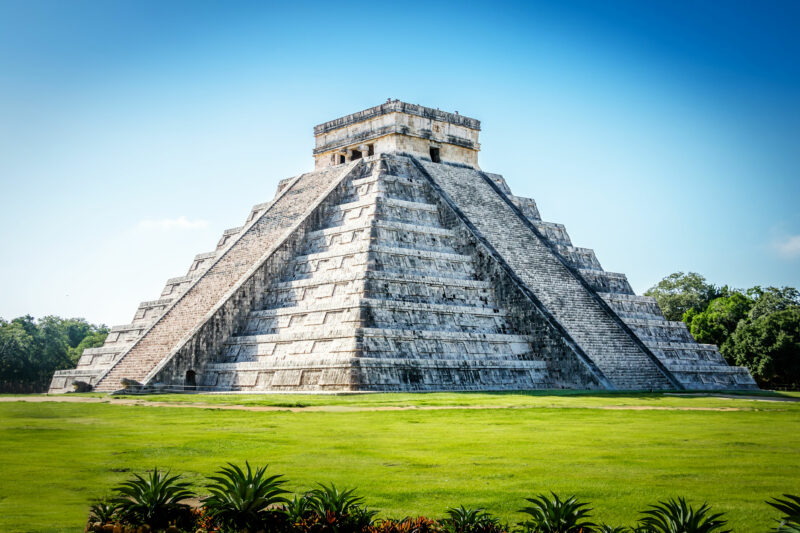

A new study proves that drought may not be the reason the ancient Mayan civilisation collapsed.

A new study proves that drought may not be the reason the ancient Mayan civilisation collapsed. At the end of the 9th century, when Mayan cities mysteriously began to get depopulated, a series of droughts had hit the Yucatan Peninsula of southeastern Mexico and northern Central America. Older studies indicated that the Mayan people were mostly dependent on food like corn, beans and squash, which needed adequate water, and that the droughts would have destroyed all the available food. However, a new study reveals that the area had nearly 500 edible plants available to consume, many of which were highly drought resistant. Though there is no clear answer as to why ancient Mayan cities became depopulated, the team suspects social and economic situations played a big role.





